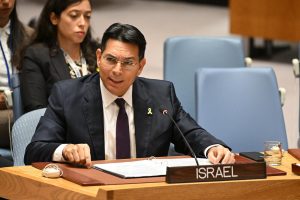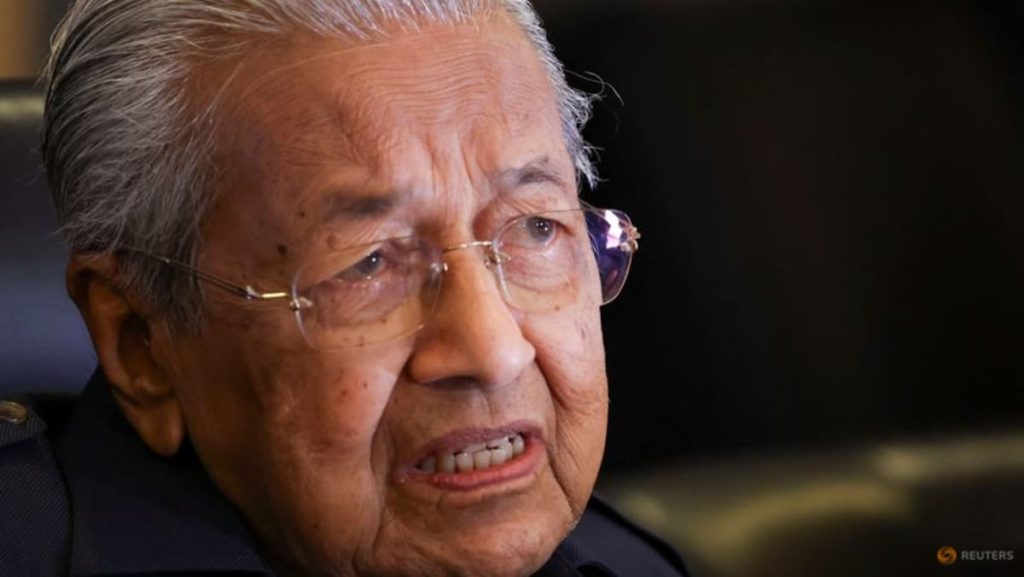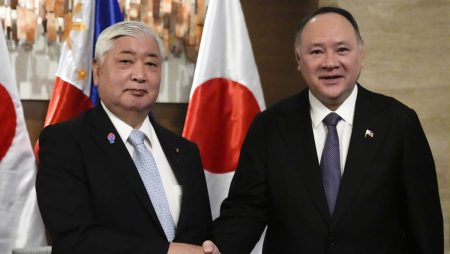The controversy surrounding the disputed Pedra Branca islet and its adjacent features has reignited, casting a long shadow over former Malaysian Prime Minister Mahathir Mohamad and his 2018 administration. A Royal Commission of Inquiry (RCI), established to delve into the historical complexities of the territorial dispute, has released a report recommending criminal investigations against Mahathir for his government’s decision to withdraw Malaysia’s legal challenges concerning the islets. This decision, taken shortly after Mahathir’s return to power in 2018, effectively relinquished Malaysia’s pursuit to overturn a 2008 International Court of Justice (ICJ) ruling that awarded sovereignty of Pedra Branca to Singapore. The RCI’s findings have sent shockwaves through Malaysian politics, raising questions about the decision-making process that led to the withdrawal and prompting Mahathir to vehemently defend his actions.
The heart of the matter lies in the complex legal history of the territorial dispute. In 2008, the ICJ ruled in favor of Singapore’s sovereignty over Pedra Branca, while Malaysia retained control over Middle Rocks. The status of South Ledge remained undetermined. Dissatisfied with the outcome, Malaysia, under the previous administration, filed two applications in 2017: one to revise the ICJ’s judgment on Pedra Branca and the other seeking clarification on the sovereignty of South Ledge, a maritime feature near Pedra Branca. These applications were subsequently withdrawn in 2018 by Mahathir’s government, sparking accusations of a betrayal of national interests and leading to the establishment of the RCI to investigate the circumstances surrounding the withdrawal.
Mahathir, a towering figure in Malaysian politics, has staunchly refuted the allegations of betrayal, asserting that the decision to withdraw the legal challenges was a collective one made by the entire Cabinet based on expert legal advice. He has questioned the RCI’s focus on him, emphasizing that the decision was not his alone but a product of collective deliberation and consultation. Furthermore, he has expressed bewilderment over the exclusion of other key cabinet members from the RCI’s scrutiny, arguing that if there were indeed any wrongdoing, those ministers who participated in the decision-making process should also be held accountable and subjected to similar investigations. His defense rests on the principle of collective responsibility within the cabinet, and he maintains that the decision was made in the best interest of the nation, guided by legal counsel and devoid of any malicious intent.
The RCI report, however, paints a different picture. It suggests that the decision to withdraw the legal challenges was taken without adequate consultation and deliberation, potentially undermining Malaysia’s territorial claims. The commission’s recommendation for a criminal investigation against Mahathir specifically points towards a potential abuse of power or dereliction of duty in the handling of the matter. The report’s findings have opened a Pandora’s Box, raising concerns about transparency and accountability in high-level government decision-making and potentially exposing fissures within the political landscape. The RCI’s work has also reignited the debate surrounding the Pedra Branca issue, a sensitive topic that carries significant historical and emotional weight for both Malaysia and Singapore.
The unfolding controversy has several layers of complexity. It involves not only the legal intricacies of territorial disputes in international law but also the political dynamics within Malaysia. The RCI’s focus on Mahathir raises questions about potential political motivations behind the inquiry, given his complex relationship with subsequent administrations. The timing of the report’s release also adds another layer of intrigue, coming at a time of heightened political maneuvering in Malaysia. The controversy has the potential to reshape political alliances and influence public opinion, particularly as the nation grapples with the legacy of past leadership and the direction of its future.
The saga of Pedra Branca and the surrounding islets serves as a potent illustration of the intricate interplay between law, politics, and history. The RCI’s report and Mahathir’s subsequent rebuttal have laid bare the deep divisions surrounding the issue and the challenges involved in reconciling competing national interests. The legal battle for these tiny specks of land continues to resonate within the larger context of Malaysia’s national identity and its relationship with its neighbors. As the legal and political ramifications of the RCI’s findings unfold, the Pedra Branca dispute remains a stark reminder of the unresolved tensions that simmer beneath the surface of regional geopolitics. The future course of action, whether legal proceedings against Mahathir will be pursued and what further steps might be taken regarding the disputed territories, remains uncertain, adding to the ongoing saga of Pedra Branca.










